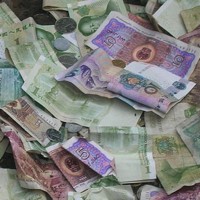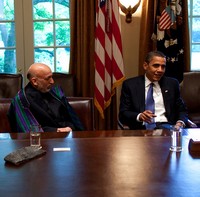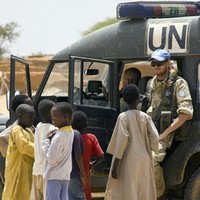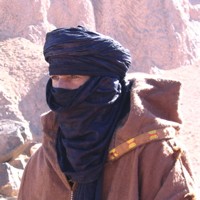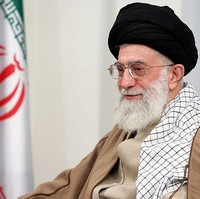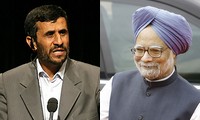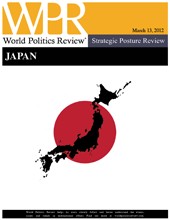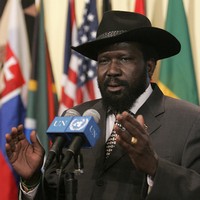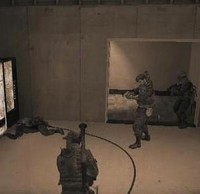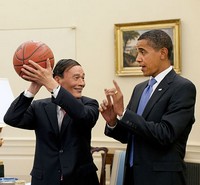
When President Barack Obama was awarded the Nobel Peace Prize in 2009, Time magazine heralded it as the fourth Nobel award given “for not being George W. Bush.” While much of the world welcomed the departure of the American president many saw as a cocky cowboy, Chinese politicians quickly became nostalgic for the good ol’ days. Why do the Chinese prefer Bush to Obama? The reason, it seems, is that Obama is harder to read. While the U.S. continually calls for more transparency from China, the Chinese seek a clearer understanding of the Obama administration’s intentions toward China. Obama entered […]

